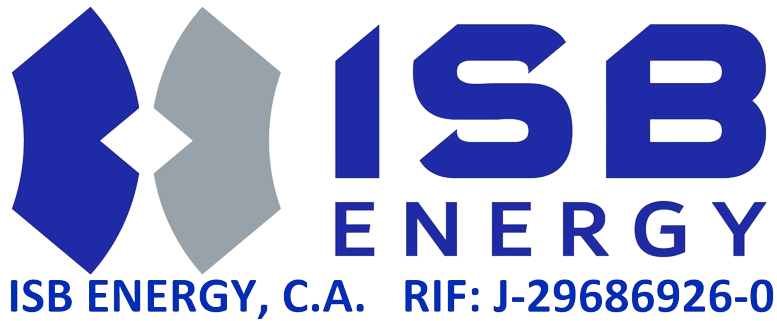The Power of Group Purchasing Organization Agreements and Equity Ownership Contracts
In today’s complex business world, various agreements and contracts play a crucial role in establishing harmonious relationships, ensuring legal compliance, and fostering successful collaborations. Two such agreements that hold immense significance are Group Purchasing Organization (GPO) agreements and Equity Ownership Contracts.
A Group Purchasing Organization agreement is an arrangement where multiple businesses team up to leverage their collective buying power and negotiate better terms and prices with suppliers. This collaborative effort allows them to access cost savings, gain competitive advantages, and improve overall procurement efficiency. GPO agreements enable businesses, especially smaller ones, to compete with larger organizations on a level playing field.
On the other hand, Equity Ownership Contracts govern the relationship between owners of a company and define their rights, responsibilities, and ownership stakes. These contracts ensure that the distribution of equity is fair and equitable, promoting transparency, accountability, and stability within the organization. Equity Ownership Contracts also address potential issues such as profit distribution, decision-making processes, and exit strategies.
While GPO agreements primarily focus on optimizing procurement practices, Equity Ownership Contracts are more concerned with establishing legal frameworks for ownership and management. However, both agreements are instrumental in creating a solid foundation for businesses to thrive and grow.
Furthermore, the concept of spiritual warriors and the four agreements can be applied in the context of business agreements. Inspired by ancient wisdom, these agreements emphasize principles such as impeccable communication, not taking things personally, not making assumptions, and always doing your best. By integrating these principles into GPO agreements and Equity Ownership Contracts, businesses can foster stronger collaborations, trust, and mutual respect among stakeholders.
For instance, when negotiating a sample owner operator agreement, clear and open communication is essential to avoid misunderstandings and ensure that both parties’ expectations align. Similarly, in a government contract kick-off meeting, following the four agreements can contribute to a productive and harmonious working relationship between the government agency and the contracted party.
Understanding the general agreement definition is crucial for businesses to ensure they are legally compliant and have a clear understanding of the terms and conditions within their agreements. It provides a foundation for interpreting and implementing agreements effectively, minimizing disputes, and upholding contractual obligations.
In some industries, such as the ILWU (International Longshore and Warehouse Union), safety contract agreements play a pivotal role in ensuring the well-being and protection of workers. These agreements outline safety protocols, procedures, and responsibilities to prevent accidents and promote a safe working environment.
Another important type of agreement is the process agent facility agreement, which acts as a subordinate agreement to the main contract. It designates a third-party agent to receive and process legal documents on behalf of the parties involved. This agreement ensures efficient communication and timely handling of legal matters, reducing potential delays and complications.
Moreover, supply contracts in the UK are critical for businesses that rely on a steady and reliable supply chain. These contracts outline the terms of purchase, delivery, and payment for goods or services, establishing a mutually beneficial relationship between suppliers and buyers.
Lastly, the United States Paris Agreement holds immense global importance in addressing climate change and reducing greenhouse gas emissions. As a landmark environmental agreement, it sets targets, encourages international cooperation, and promotes sustainable practices to combat climate change.
Overall, group purchasing organization agreements and equity ownership contracts form the backbone of successful business collaborations and legal frameworks. By incorporating principles of impeccable communication, mutual respect, and transparency, businesses can maximize the benefits of these agreements and pave the way for long-term success.
